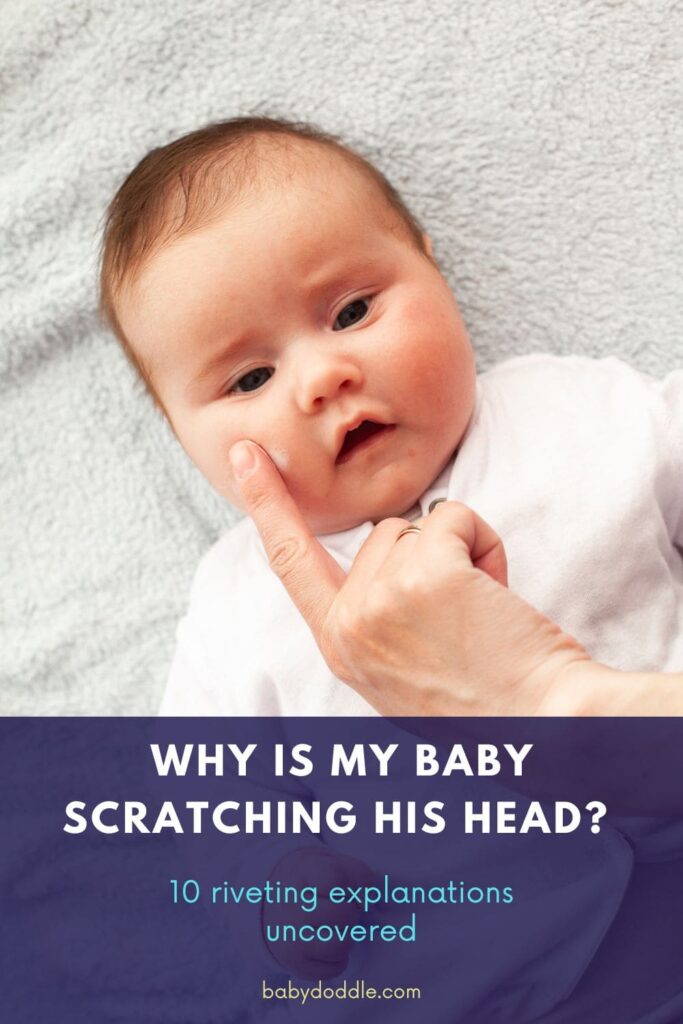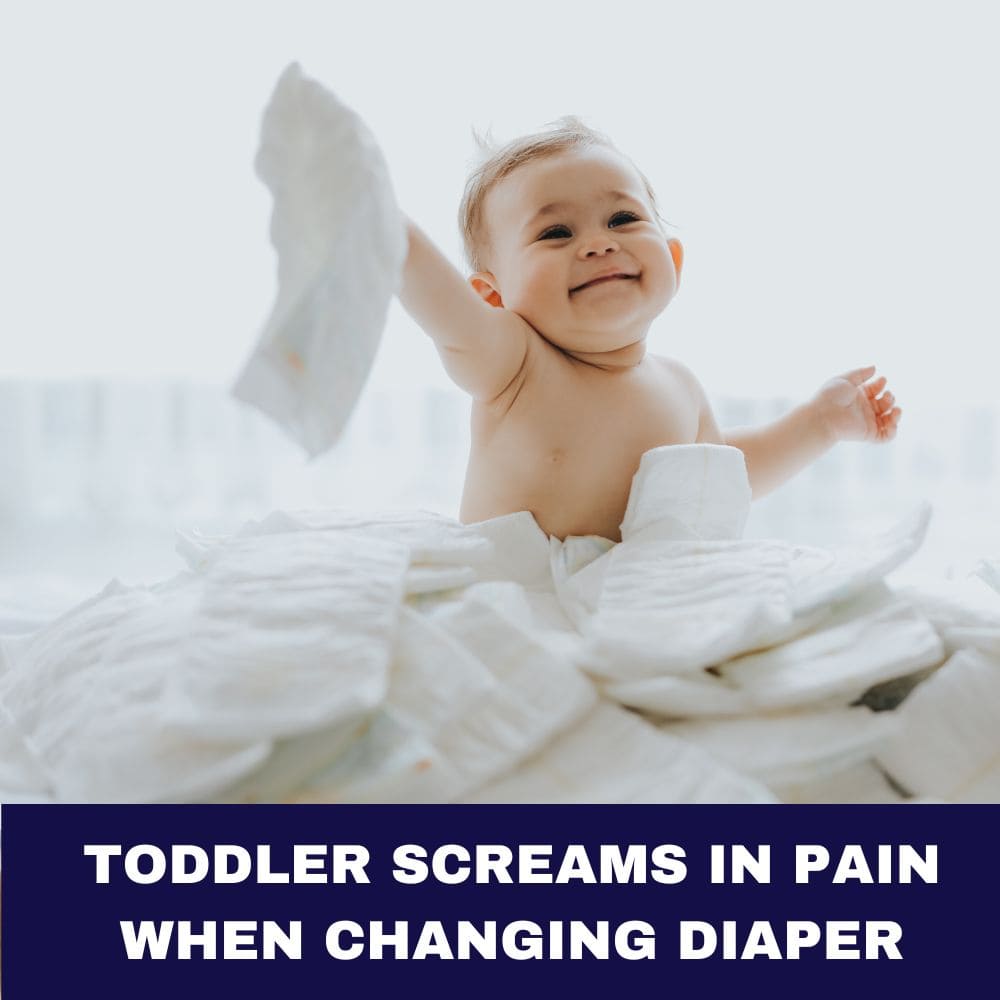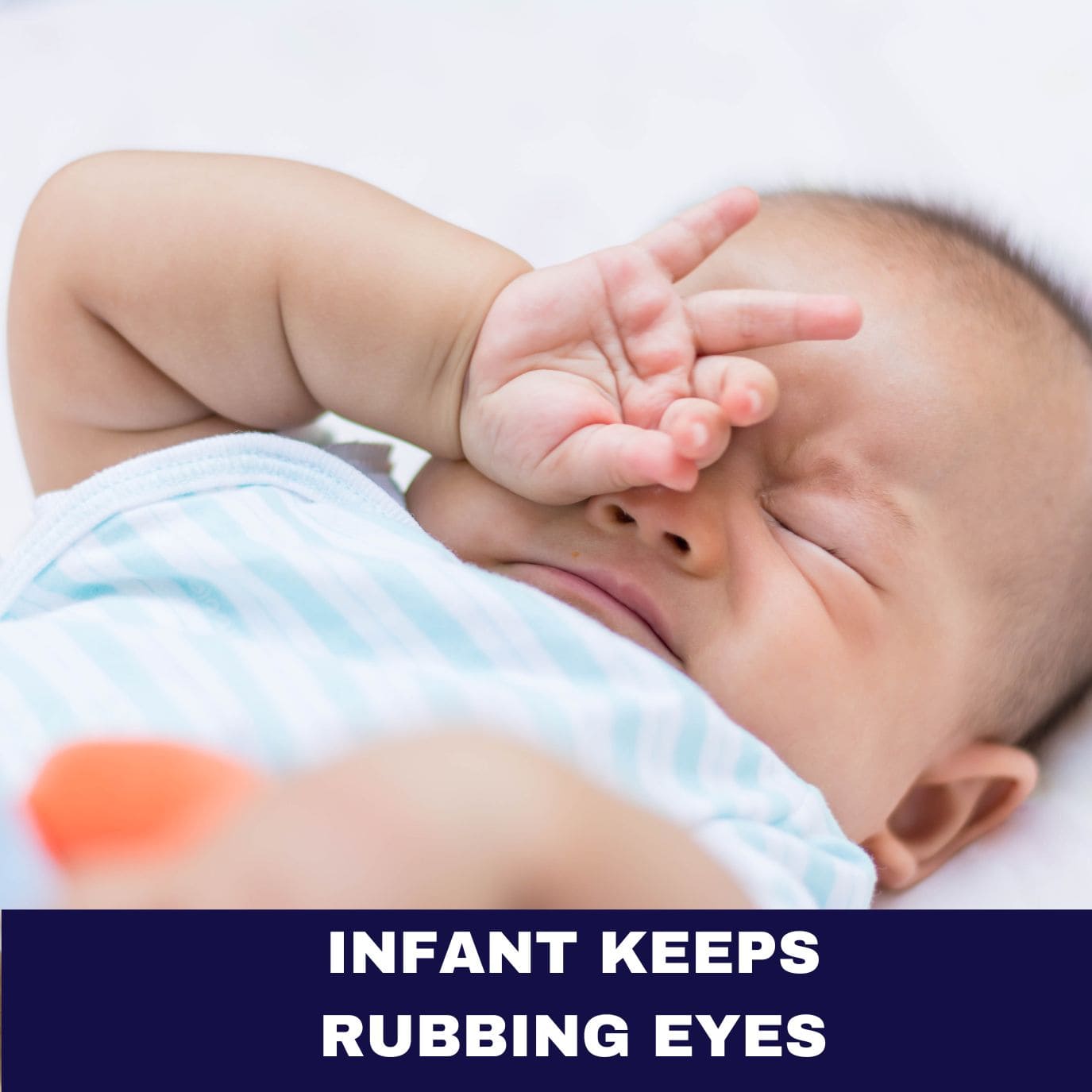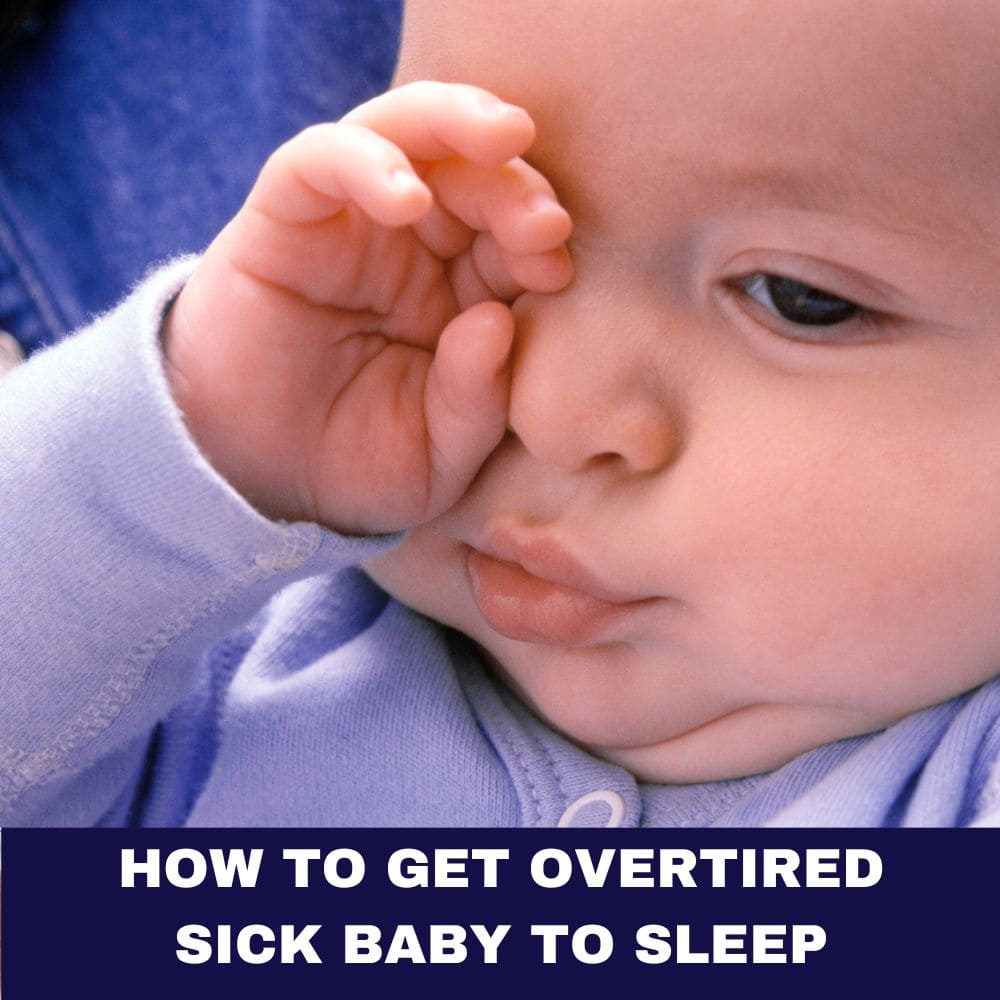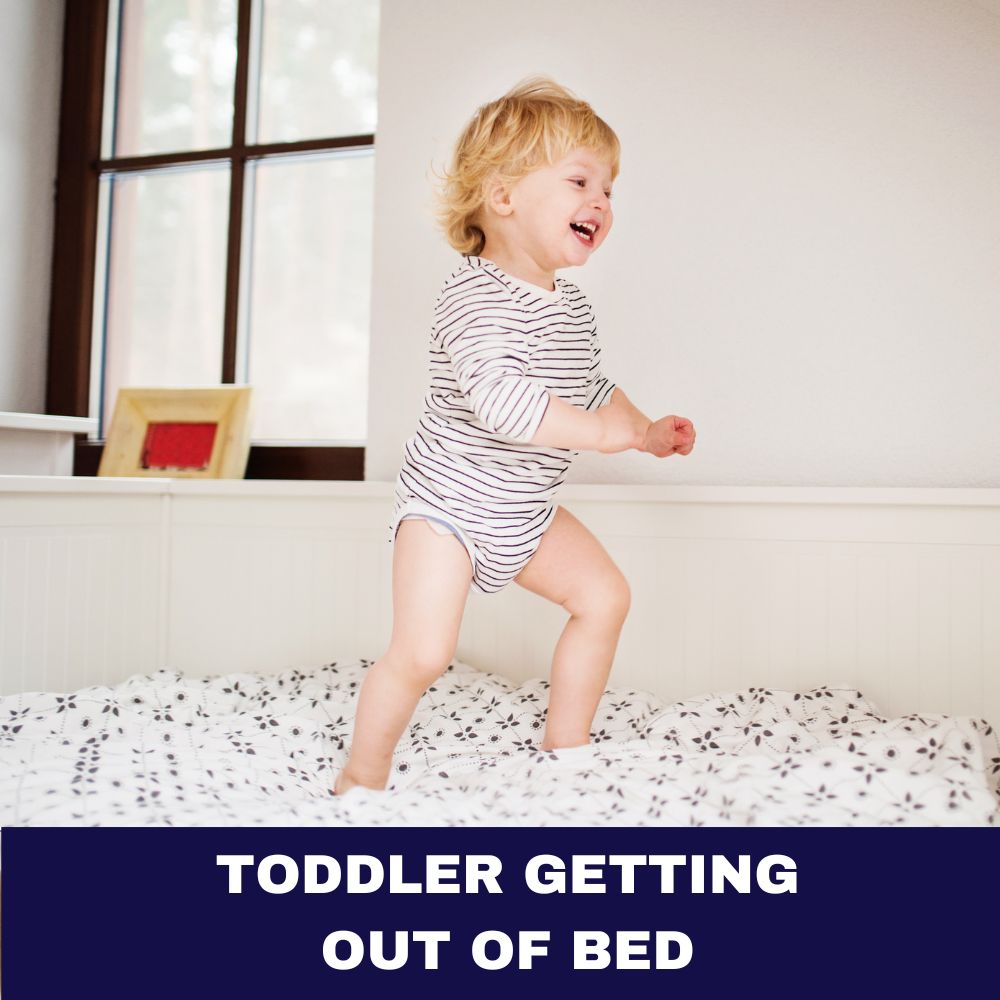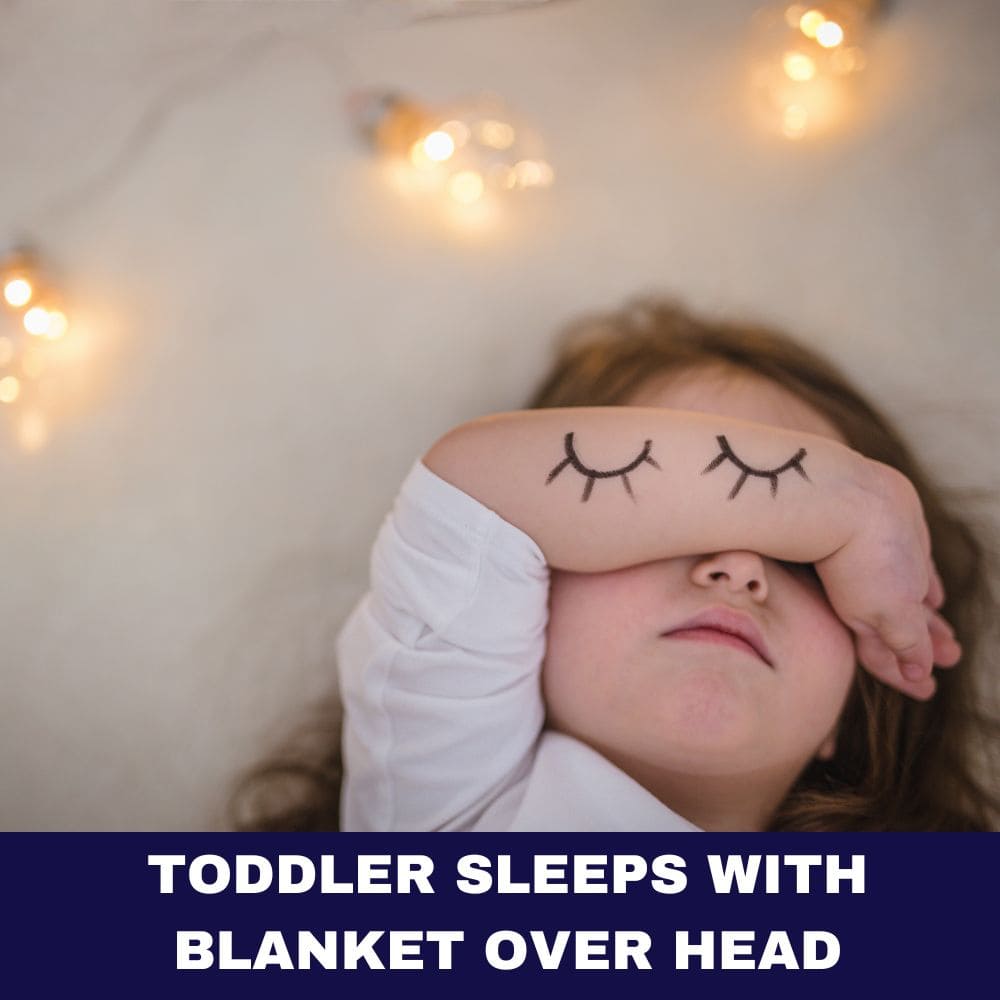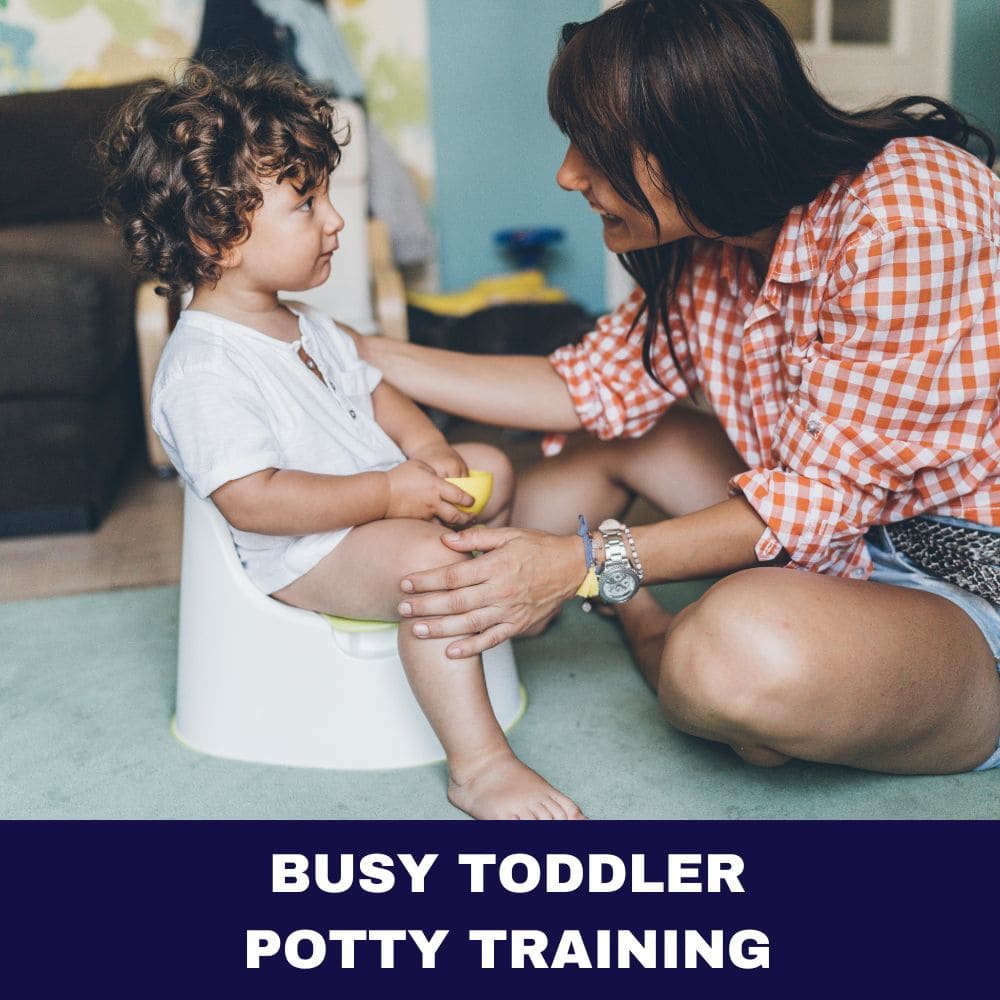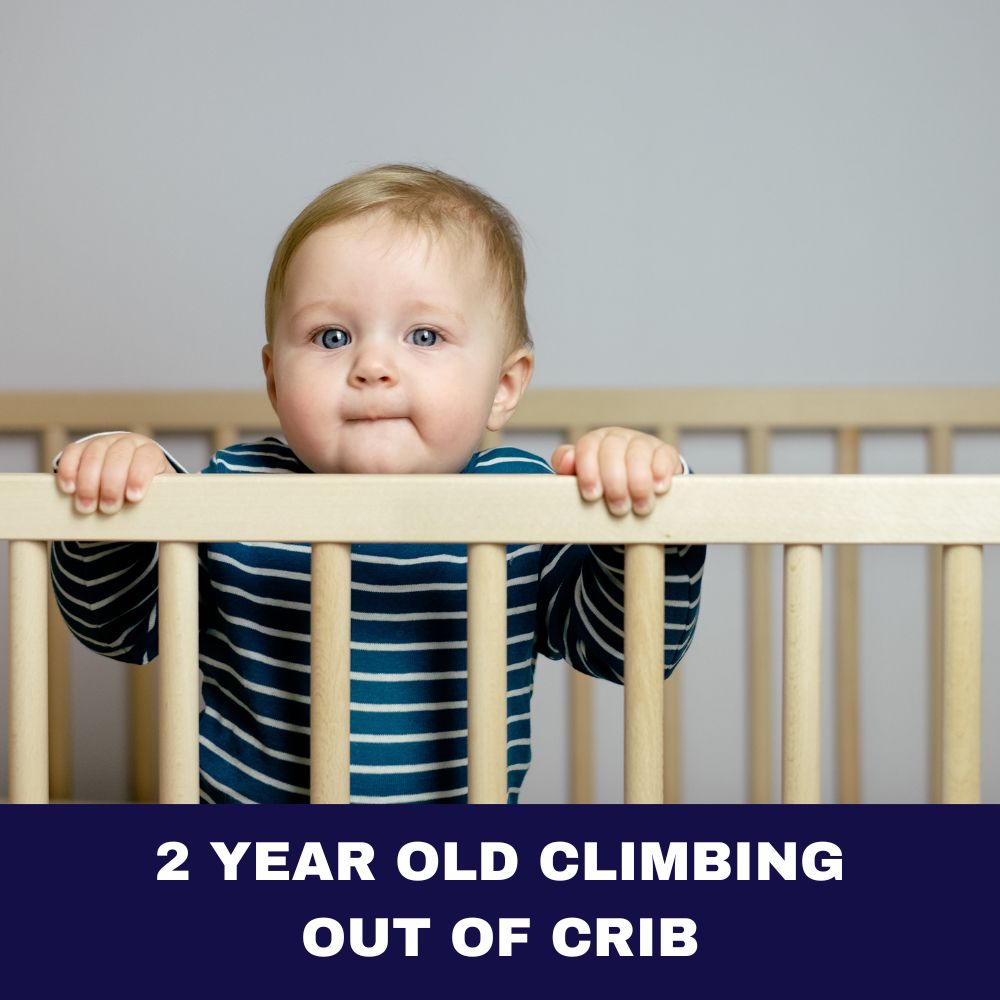Picture this: You’re cradling your little one, enjoying a peaceful moment, when suddenly their tiny hands start furiously scratching at their head. It’s a sight that can leave any parent puzzled and concerned. If you’ve found yourself wondering, “Why is my baby scratching his head?” you’re not alone. This seemingly simple question opens up a world of fascinating possibilities that we’re about to explore.
In this comprehensive guide, we’ll dive deep into the 10 most riveting explanations for why your baby might be scratching their head. We’ll uncover the normal developmental reasons, potential skin conditions, and even some surprising factors you might not have considered. So, grab a cup of coffee (or tea, if that’s more your speed), and let’s unravel this adorable yet perplexing baby behavior together.
Is It Normal for Babies to Pull or Scratch Their Hair?
Before we jump into our list of explanations, let’s address the elephant in the room: Is this behavior normal? The short answer is yes, it often is. Babies are curious little explorers, and their own bodies are their first playground. Head scratching can be a natural reflex indicating discomfort, itchiness, or simply a way for them to explore their growing bodies.
However, like many aspects of parenting, the line between “normal” and “concerning” can sometimes be blurry. That’s why it’s crucial to understand the various reasons behind this behavior and know when it might be time to consult a professional.
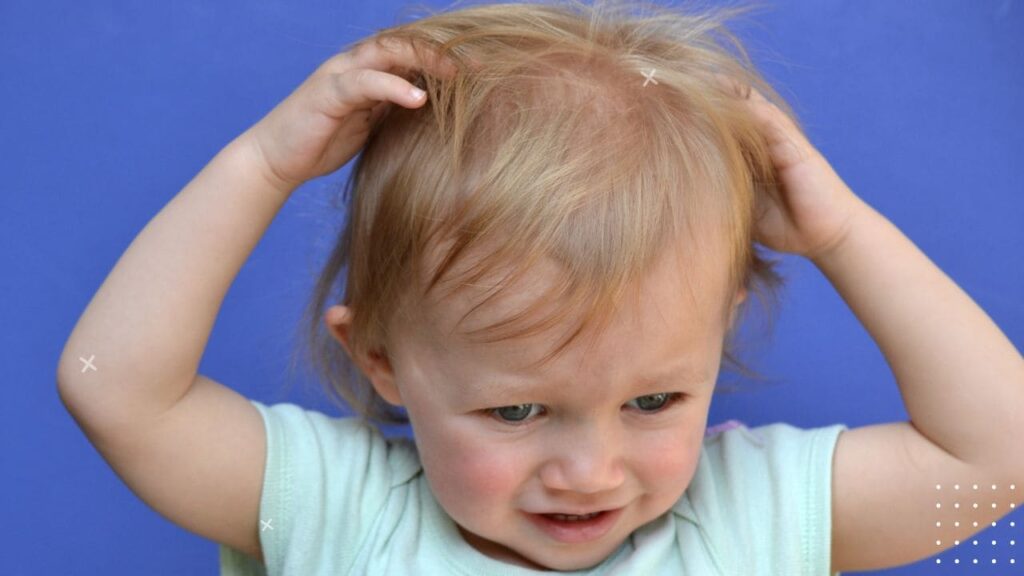
10 Riveting Explanations for Baby Head Scratching
1. Self-soothing behavior
Ever noticed how you might twirl your hair when deep in thought or rub your neck when stressed? Well, babies have their own versions of these self-soothing behaviors, and head scratching can be one of them.
For some infants, the gentle sensation of their fingernails against their scalp provides a calming effect. It’s their way of regulating emotions and finding comfort in a world that’s constantly new and sometimes overwhelming. This behavior often becomes more noticeable during times of stress, fatigue, or when they’re trying to fall asleep.
If you notice your baby tends to scratch their head more when they’re tired or upset, try offering alternative soothing methods. A soft blanket, a favorite toy, or some gentle rocking might help redirect their attention and provide the comfort they’re seeking.
Next steps: Observe when your baby tends to scratch their head more frequently. If it’s tied to specific situations, try introducing calming activities or objects that can serve as alternative self-soothing methods.
2. Developing motor skills
As your baby grows, they’re constantly working on improving their motor skills. Those little hands that once seemed to move randomly are gradually gaining more control and purpose. Head scratching can actually be a sign of this developing coordination.
Think of it as your baby’s way of saying, “Look what I can do!” They’re discovering that they can intentionally move their hands to a specific part of their body. It’s a milestone worth celebrating, even if it sometimes results in accidental scratches.
To support this development while protecting your baby’s delicate skin, consider providing safe objects for them to grasp and manipulate. Soft toys with different textures can be great for this purpose.
Next steps: Offer your baby age-appropriate toys that encourage hand-eye coordination and fine motor skills. This can help satisfy their need to explore while redirecting their focus from head scratching.
3. Curiosity and body exploration
Babies are natural scientists, constantly exploring and learning about their environment – and that includes their own bodies. Head scratching might simply be your little one’s way of investigating this fascinating thing called a “head” that they’ve discovered is attached to them.
This exploration is a crucial part of their cognitive development. Through touch, they’re learning about different sensations, textures, and the concept of cause and effect. (“If I move my hand like this, I feel something interesting!”)
Encourage this curiosity in safe ways. Gentle games like “Where’s your nose?” or “Can you touch your ears?” can help channel this exploratory behavior while teaching them about their body parts.
Next steps: Incorporate body awareness games into your daily routine. Use a mirror to show your baby their reflection as you name different parts of their face and head.
4. Cradle cap
Now we’re venturing into some of the medical reasons your baby might be scratching their head. Cradle cap, also known as infantile seborrheic dermatitis, is a common condition that can cause itching and discomfort.
Cradle cap appears as thick, greasy, yellowish or brown scales on your baby’s scalp. While it might look alarming, it’s generally harmless and often clears up on its own within a few months. However, the scales can be itchy, leading your baby to scratch their head more frequently.
| Cradle Cap Management Tips |
|---|
| 1. Gently wash your baby’s scalp daily with a mild baby shampoo |
| 2. Use a soft brush to loosen scales after washing |
| 3. Apply a small amount of mineral oil to soften stubborn scales |
| 4. Never pick at the scales, as this can lead to infection |
| 5. Consult your pediatrician if the condition persists or worsens |
Next steps: If you suspect cradle cap, start with gentle daily washing and brushing. If the condition doesn’t improve or seems to be causing significant discomfort, it’s time to check in with your pediatrician.
5. Eczema
Eczema, or atopic dermatitis, is another skin condition that can lead to increased head scratching in babies. This chronic condition causes the skin to become itchy, red, and inflamed. While it can occur anywhere on the body, it’s not uncommon for it to affect the scalp and face in infants.
Babies with eczema may scratch more intensely and frequently, potentially leading to skin damage and increased risk of infection. The itching can be particularly bothersome at night, disrupting sleep for both baby and parents.
Managing eczema often involves a combination of good skincare practices, identifying and avoiding triggers, and sometimes medical treatments. Here’s a quick guide to help you navigate eczema care:
| Eczema Management Strategies |
|---|
| 1. Keep your baby’s skin well-moisturized |
| 2. Use gentle, fragrance-free products |
| 3. Avoid known triggers (common ones include certain fabrics, heat, and sweat) |
| 4. Keep your baby’s nails short to minimize damage from scratching |
| 5. Consider using cool compresses to soothe itchy areas |
| 6. Consult with a dermatologist for personalized treatment plans |
Next steps: If you suspect your baby has eczema, start by implementing gentle skincare practices and avoiding potential irritants. If symptoms persist or worsen, it’s important to consult with a healthcare provider for a proper diagnosis and treatment plan.
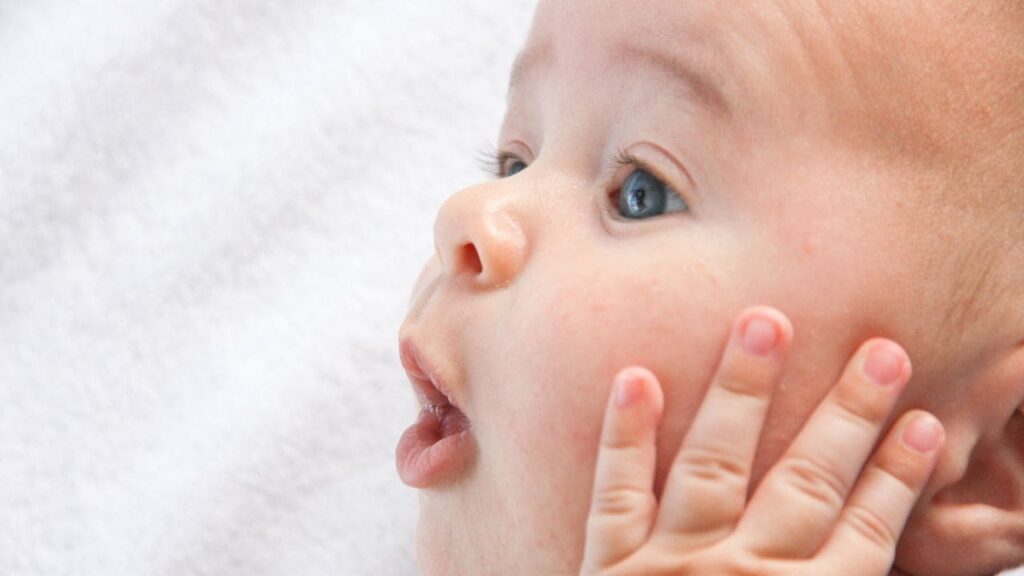
6. Dry skin and scalp
Baby skin is delicate and prone to dryness, which can lead to itching and scratching. A dry scalp can be particularly uncomfortable, prompting your little one to scratch their head more frequently.
Several factors can contribute to dry skin in babies, including low humidity, excessive bathing, or using products that strip natural oils from the skin. Sometimes, what seems like dry skin could also be a mild form of eczema or other skin conditions.
Here are some tips to help keep your baby’s skin and scalp hydrated:
- Limit bath time to 5-10 minutes using lukewarm water
- Use mild, fragrance-free baby wash and shampoo
- Pat the skin dry gently after bathing, leaving it slightly damp
- Apply a baby-safe moisturizer immediately after bathing
- Consider using a humidifier in your baby’s room, especially during dry seasons
Next steps: Implement a gentle skincare routine focusing on hydration. If dryness persists despite these measures, consult your pediatrician to rule out other skin conditions.
7. Teething discomfort
Believe it or not, teething can sometimes cause babies to scratch their heads! When those tiny teeth are pushing through, it can cause discomfort that radiates to other areas of the head and face. Some babies might scratch their heads as a way to distract themselves from the pain in their gums.
Teething symptoms can vary widely from baby to baby, but here are some common signs to watch for:
| Common Teething Symptoms |
|---|
| Increased drooling |
| Swollen, tender gums |
| Slight rise in body temperature |
| Irritability or fussiness |
| Desire to chew on hard objects |
| Changes in eating or sleeping patterns |
If you suspect teething is behind your baby’s head scratching, there are several ways to provide relief:
- Offer a cold teething ring or a clean, cool washcloth to chew on
- Gently massage your baby’s gums with a clean finger
- Provide safe objects for your baby to chew on, like teething toys
- Ask your pediatrician about safe pain relief options if needed
Next steps: Monitor your baby’s behavior and look for other signs of teething. Offer appropriate teething relief and distractions. If head scratching continues or worsens, or if you’re unsure about teething, consult your pediatrician.
8. Ear infections
Sometimes, what appears to be head scratching might actually be your baby’s attempt to relieve discomfort from an ear infection. Babies can’t tell us “My ear hurts,” so they might pull at their ears or scratch around that area of their head instead.
Ear infections are common in infants and young children due to their developing immune systems and the shape of their Eustachian tubes. While not all ear tugging or head scratching indicates an ear infection, it’s important to be aware of other symptoms:
- Fever
- Irritability or crying more than usual
- Difficulty sleeping
- Fluid draining from the ear
- Loss of appetite
- Balance problems
If you suspect an ear infection, it’s crucial to consult your pediatrician. They can properly diagnose the condition and recommend appropriate treatment, which may include antibiotics in some cases.
Next steps: If head scratching is accompanied by any of the symptoms listed above, especially fever or significant changes in behavior, it’s time to schedule a visit with your pediatrician.
9. Overtiredness
It might sound counterintuitive, but sometimes babies scratch their heads when they’re overtired. This behavior can be part of the general fussiness and restlessness that comes with exhaustion in infants.
When babies are overtired, they often struggle to settle down and may exhibit various self-soothing behaviors, including head scratching. It’s their way of trying to cope with the uncomfortable feeling of being past their sleep window.
Recognizing the signs of overtiredness can help you prevent this state and the associated behaviors:
| Signs of Overtiredness in Babies |
|---|
| Rubbing eyes or ears |
| Yawning frequently |
| Becoming clingy or fussy |
| Having a “second wind” of energy |
| Arching back |
| Difficulty focusing |
To prevent overtiredness, try to establish a consistent sleep routine and watch for your baby’s sleep cues. Putting them down for naps or bedtime when they’re drowsy but still awake can help them learn to fall asleep independently.
Next steps: Pay attention to your baby’s sleep patterns and try to establish a consistent routine. If sleep issues persist, consider consulting a pediatric sleep specialist for personalized advice.

10. Allergies or skin sensitivities
Last but certainly not least, allergies or skin sensitivities can cause itching that leads to head scratching. Babies can be sensitive to a wide range of substances, from certain fabrics to ingredients in skincare products.
Common allergens that might affect your baby’s scalp include:
- Laundry detergents
- Fabric softeners
- Shampoos or bath products
- Certain fabrics (like wool)
- Food allergies (which can sometimes manifest as skin symptoms)
- Environmental allergens (pollen, pet dander, etc.)
If you suspect allergies might be behind your baby’s head scratching, try to identify potential triggers. This might involve switching to hypoallergenic products or keeping a diary of when the scratching occurs to spot patterns.
Next steps: Start by eliminating potential irritants one at a time. If symptoms persist or if you notice other signs of allergies (like rashes or breathing issues), consult with your pediatrician. They may refer you to an allergist for further evaluation.
When to Worry About Baby Head Scratching
While head scratching is often normal, there are times when it might signal a need for medical attention. Here are some signs that it’s time to consult your pediatrician:
- The scratching is intense enough to cause bleeding or skin damage
- Your baby seems to be in significant discomfort or pain
- The behavior is accompanied by other symptoms like fever, rash, or changes in appetite
- Head scratching is interfering with your baby’s sleep or daily activities
- You notice any unusual growths, severe redness, or swelling on the scalp
Remember, you know your baby best. If your instincts tell you something isn’t right, it’s always better to err on the side of caution and seek professional advice.
Soothing Strategies for a Head-Scratching Baby
Now that we’ve explored the various reasons why your baby might be scratching their head, let’s look at some general strategies to soothe this behavior:
- Gentle massage: A soft scalp massage can be both calming and distracting for your baby.
- Appropriate skin care: Establish a gentle skincare routine using products suitable for your baby’s skin type.
- Distraction techniques: Engage your baby in activities that keep their hands busy, like playing with age-appropriate toys.
- Environmental controls: Maintain a comfortable room temperature and humidity level to prevent skin dryness.
- Comfortable clothing: Choose soft, breathable fabrics that won’t irritate your baby’s sensitive skin.
Remember, every baby is unique, so what works for one might not work for another. Don’t be afraid to experiment with different soothing methods to find what works best for your little one.
Prevention Tips
While you can’t always prevent head scratching, there are steps you can take to minimize it:
- Regular moisturizing: Keep your baby’s skin well-hydrated to prevent dryness and itching.
- Nail care: Keep your baby’s nails trimmed and smooth to reduce the risk of scratches.
- Gentle bathing practices: Use mild, fragrance-free products and limit bath time to prevent drying out the skin.
- Identify and avoid triggers: If you notice certain factors seem to increase scratching, try to minimize exposure to these triggers.
- Protective mittens: For severe cases, especially during sleep, soft mittens can prevent damage from scratching.
Wrapping Up
Watching your baby scratch their head can be worrying, but as we’ve discovered, it’s often a normal part of development or a manageable condition. By understanding the potential causes and knowing when to seek help, you’re well-equipped to handle this common baby behavior.
Remember, every baby is different, and what’s normal for one might not be for another. Trust your instincts, stay observant, and don’t hesitate to reach out to your pediatrician if you have concerns. You’re doing a great job, parents!
FAQ – Why is my baby scratching his head
Why does my baby scratch his head while sleeping?
Babies often scratch their heads while sleeping due to various reasons. It could be a self-soothing behavior, a response to itchy skin conditions like cradle cap or eczema, or simply a reflex action as they develop motor skills. Some babies might scratch more during sleep because they’re less inhibited than when awake. If the scratching is excessive or causing skin damage, it’s worth discussing with your pediatrician. They might recommend using soft mittens or addressing any underlying skin conditions to prevent nighttime scratching.
Can teething cause my baby to scratch his head?
Yes, teething can indeed cause some babies to scratch their heads. The discomfort from teething isn’t limited to the gums – it can cause general irritability and even ear pain, which might lead to head scratching. Babies might also scratch their heads as a way to distract themselves from the discomfort in their gums. If you suspect teething is causing head scratching, look for other teething signs like drooling, swollen gums, or a slight temperature increase. Offering appropriate teething toys or a cool washcloth to chew on can help alleviate the discomfort and potentially reduce head scratching.
How can I prevent my baby from scratching his head and causing injury?
Preventing injury from head scratching involves a multi-faceted approach:
- Keep your baby’s nails short and smooth. File them regularly or use baby-safe nail clippers.
- Use soft mittens or socks on your baby’s hands, especially during sleep.
- Address any underlying skin conditions that might be causing itchiness.
- Keep your baby’s skin well-moisturized to prevent dryness and itching.
- Provide distractions like age-appropriate toys to keep their hands busy.
- For older babies, gently redirect their hands when you notice scratching.
- Consider using a humidifier in your baby’s room to prevent dry skin.
Remember, it’s important to balance prevention with allowing your baby to develop naturally. If scratching persists or causes significant skin damage despite these measures, consult your pediatrician for further advice.
Are there any natural remedies for baby scalp irritation?
Yes, there are several natural remedies that can help soothe baby scalp irritation:
- Coconut oil: Known for its moisturizing and antimicrobial properties, coconut oil can help with dryness and cradle cap. Gently massage a small amount into your baby’s scalp.
- Olive oil: Similar to coconut oil, olive oil can help moisturize the scalp and loosen cradle cap scales. Apply a small amount, leave for a few minutes, then gently comb out any loose flakes.
- Aloe vera: Its anti-inflammatory properties can soothe irritated skin. Use pure aloe vera gel, avoiding products with added ingredients.
- Chamomile tea: Cooled chamomile tea can be applied to the scalp to reduce inflammation and soothe irritation.
- Oatmeal bath: For full-body skin irritation, an oatmeal bath can be very soothing. Blend plain oats into a fine powder and add to bathwater.
Always patch test new remedies on a small area first and consult your pediatrician before trying new treatments, especially for babies under 6 months old.
Can diet affect my baby’s head scratching behavior?
Yes, diet can potentially influence your baby’s head scratching behavior, particularly if food allergies or sensitivities are involved. Here’s how diet might play a role:
- Food allergies: In some cases, food allergies can manifest as skin symptoms, including itchiness that leads to scratching. Common allergens include milk, eggs, peanuts, and wheat.
- Nutrient deficiencies: Lack of certain nutrients, like zinc or essential fatty acids, can contribute to dry, itchy skin.
- Hydration: If your baby isn’t getting enough fluids, it could lead to dry skin, which might cause scratching.
- Breastfeeding mothers’ diet: For breastfed babies, what the mother eats can sometimes affect the baby. Some mothers find that avoiding certain foods (like dairy or spicy foods) reduces skin irritation in their babies.
If you suspect diet might be contributing to your baby’s head scratching, keep a food diary to track any potential correlations. For formula-fed babies, consult with your pediatrician about trying a hypoallergenic formula. For older babies eating solids, introduce new foods one at a time and watch for any reactions. Always consult with your pediatrician before making significant changes to your baby’s diet.
Remember, while diet can play a role, it’s just one of many factors that could contribute to head scratching. A holistic approach considering all potential causes will be most effective in addressing this behavior.
